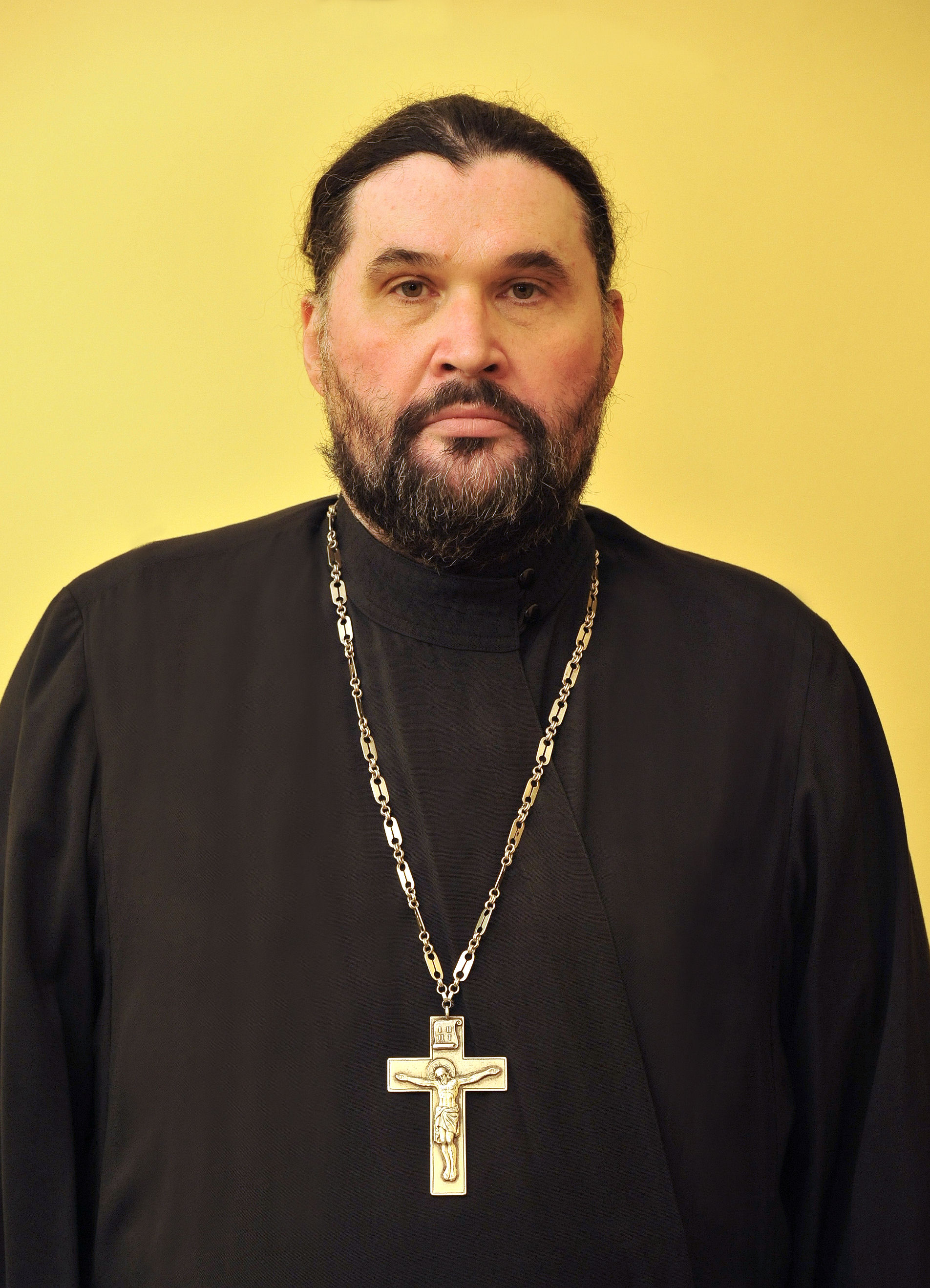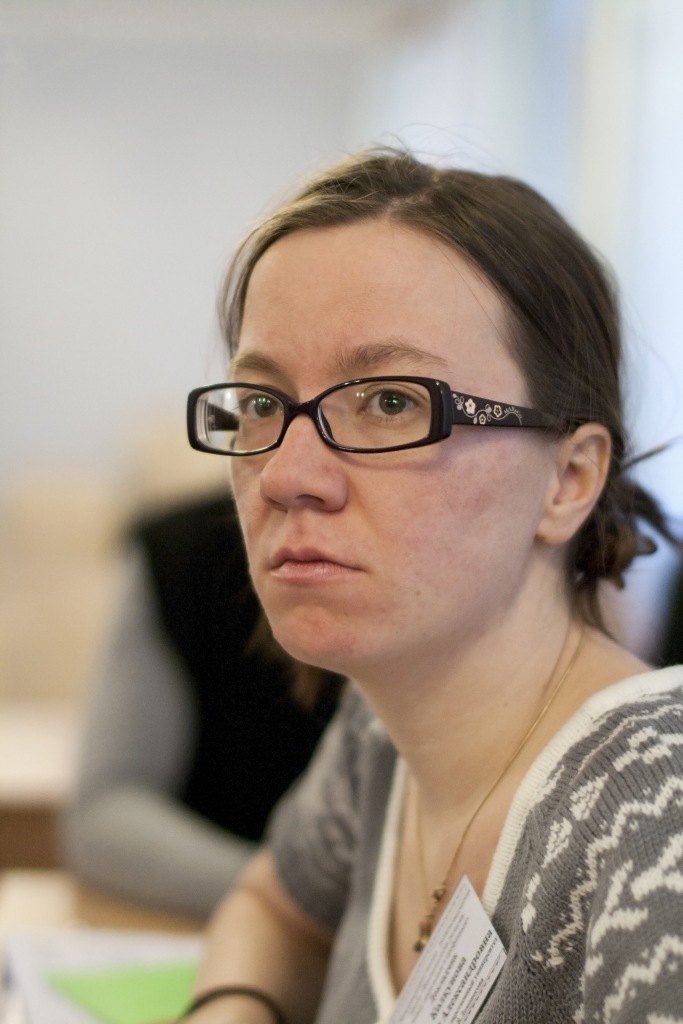The paper addresses major terms and theories within contemporary German studies of spirituality, that are related and largely based on the ideas of Ernst Troeltsch, Thomas Luckmann and Detlef Pollack. The authors discuss basic definitions and spirituality research results based on German sample. They aim at showing particular features of German research as well as putting it in the context of various sociological approaches to spirituality.The authors conclude that within spirituality there is a tendency to use one’s own transcendence experience as the source and moral criteria for one’s personal religion. That is why in the sociological perspective spirituality is often differed from churchliness and emancipated from the influence of historical churches.This, according to the authors, leads to the attractiveness of the concept of “spirituality” for the modern Western man: on the one hand, it refers to a transcendent reality, on the other, it does not appeal to ecclesiastic religiosity.
Key words: Troeltsch, Luckmann, spirituality, spiritual but not religious, religiosity, transcendence, contingency.
DOI: 10.22250/2072-8662.2018.2.79-93
About the author
 |
Georgy Orekhanov – Doctor of History, Professor at the Department of the History of Russian Orthodox Church, St Tikhon’s Orthodox University; build. 1, 6 Likhov ave., Moscow, Russia, 127051; orekhanov.georgy@pstgu.ru |
 |
Ksenia A. Kolkunova – PhD (Philosophy), Senior Lecturer at the Department of Philosophy of Religion and Religious Aspects of Culture, St Tikhon’s Orthodox University; build. 1, 6 Likhov ave., Moscow, Russia, 127051; This email address is being protected from spambots. You need JavaScript enabled to view it. |






